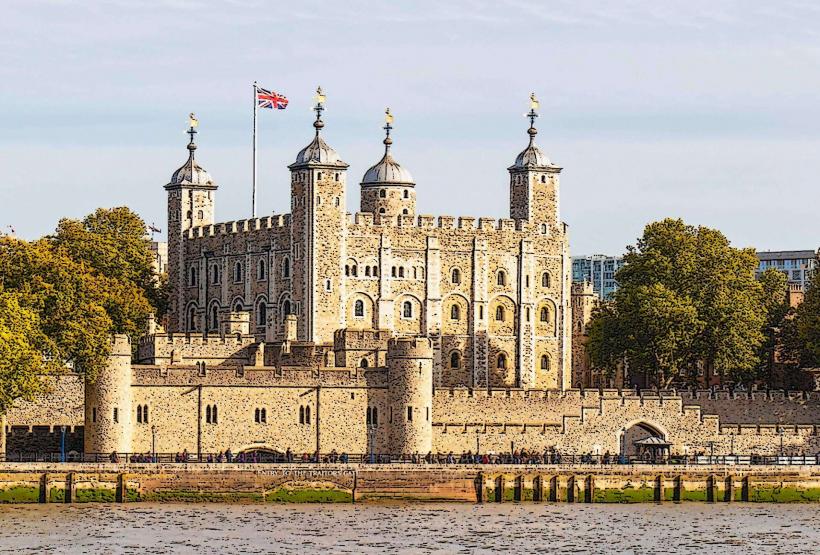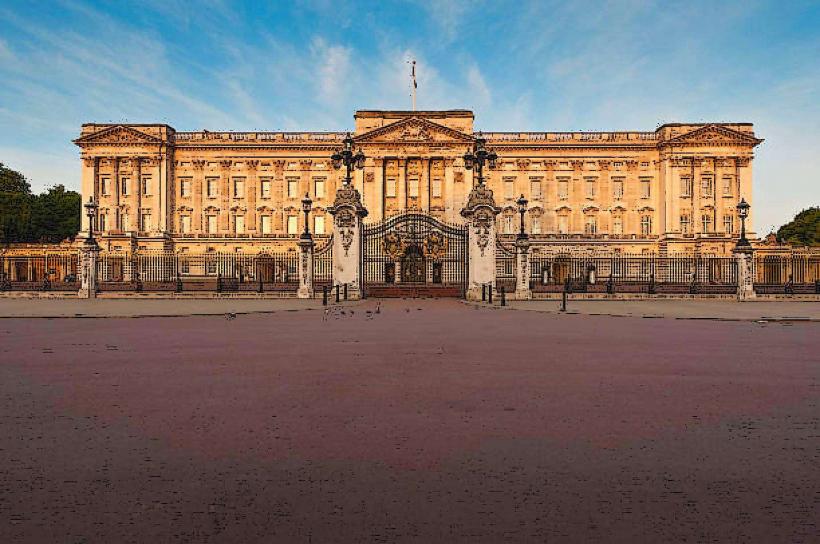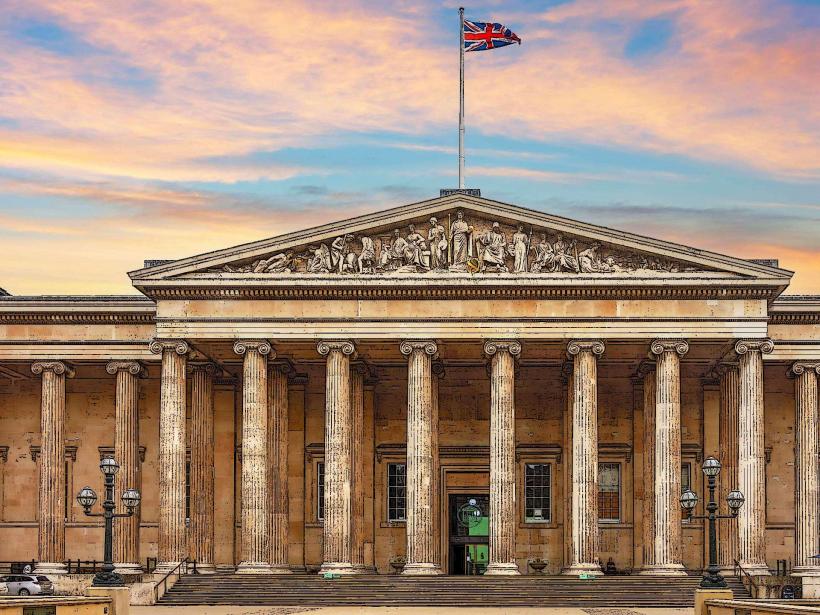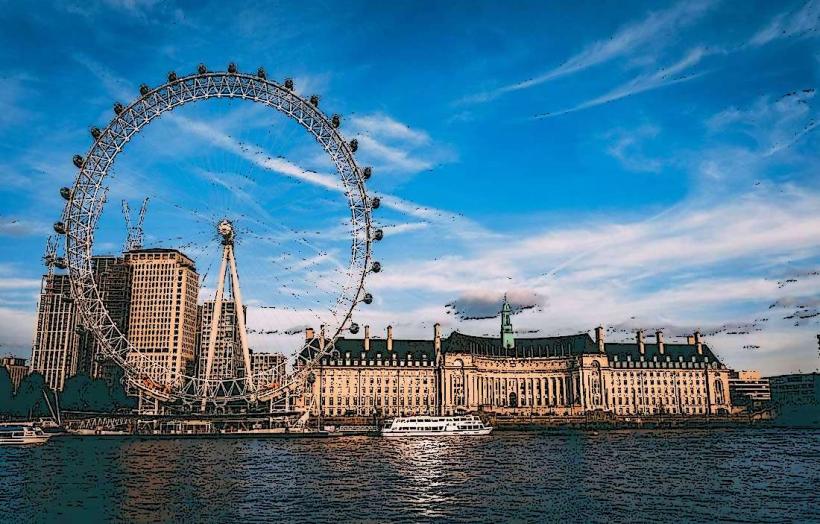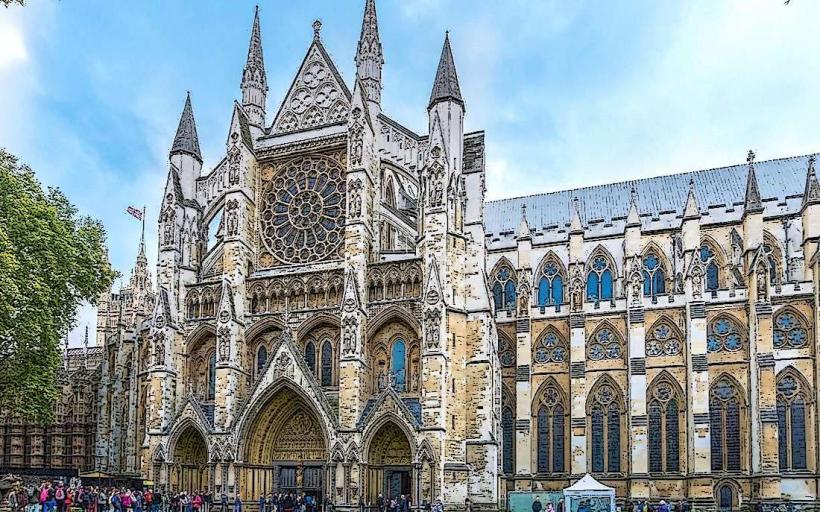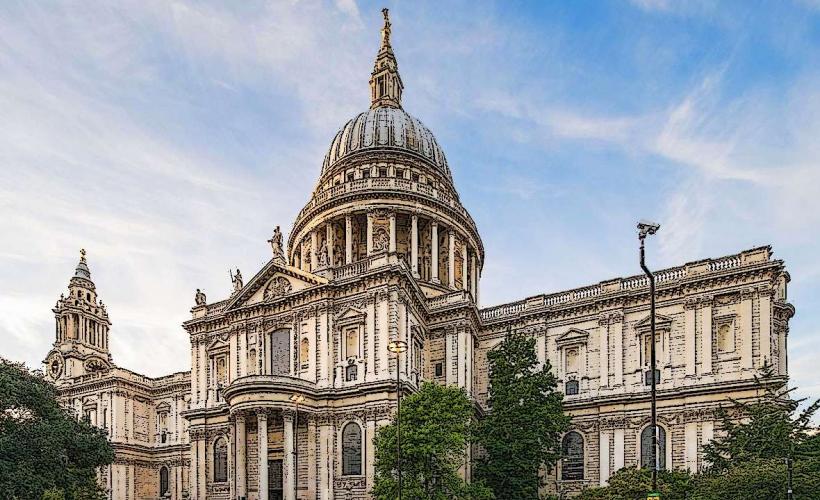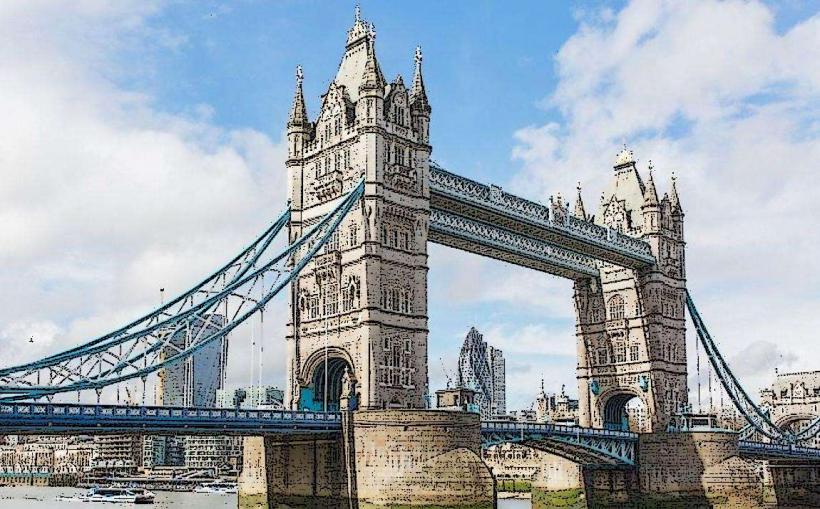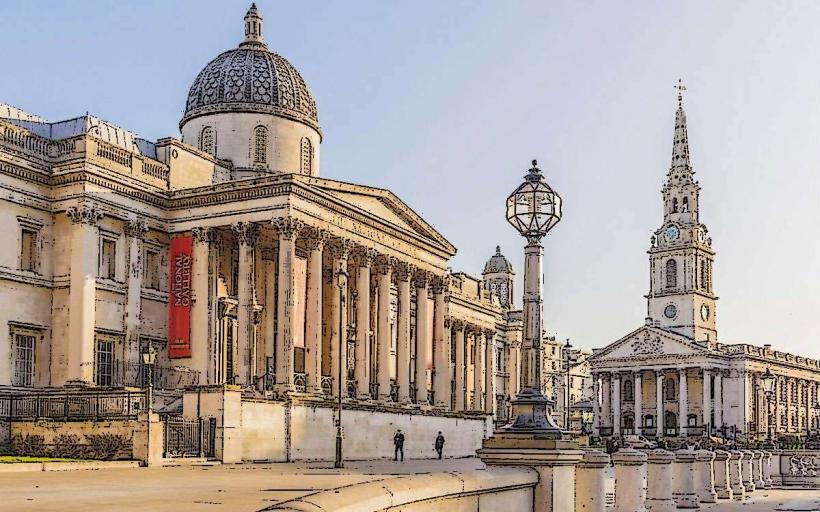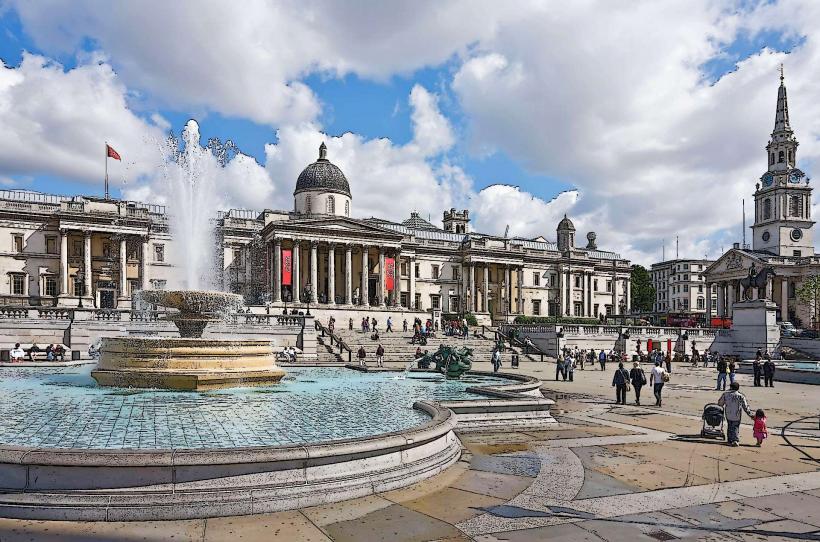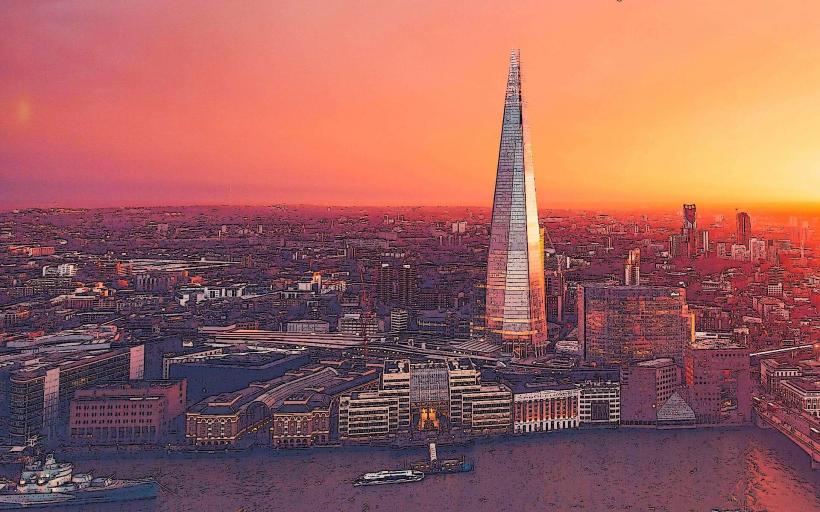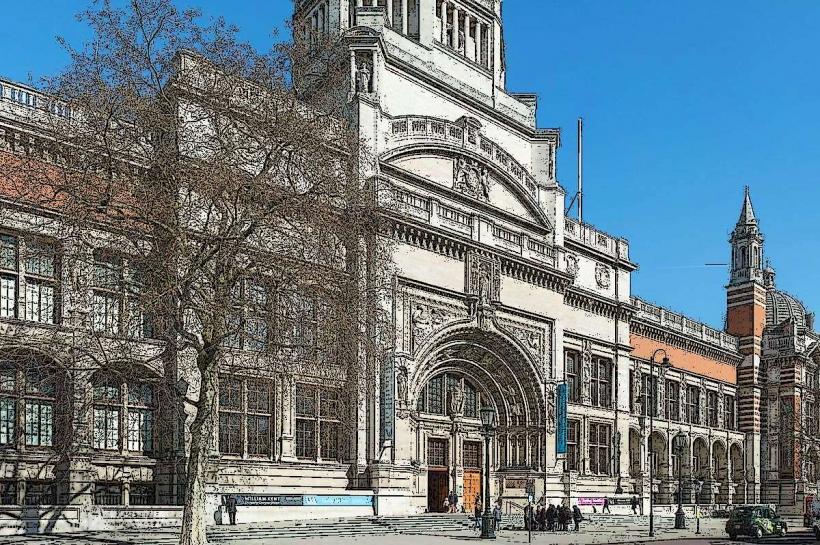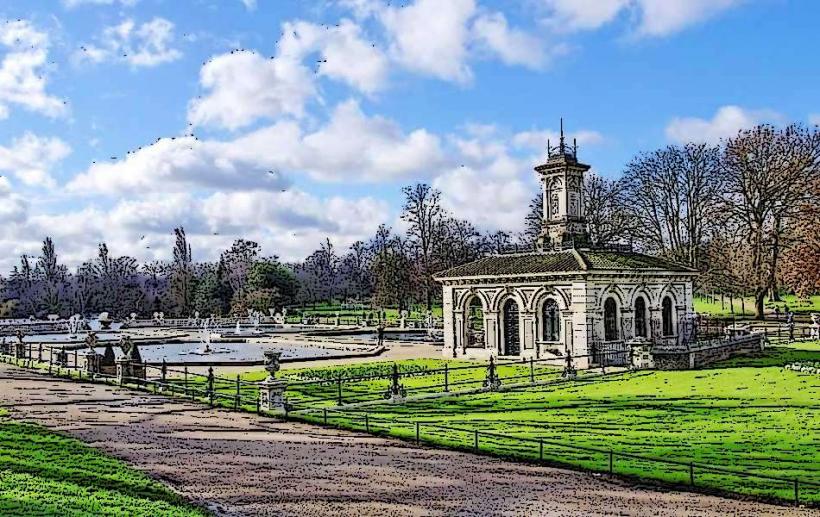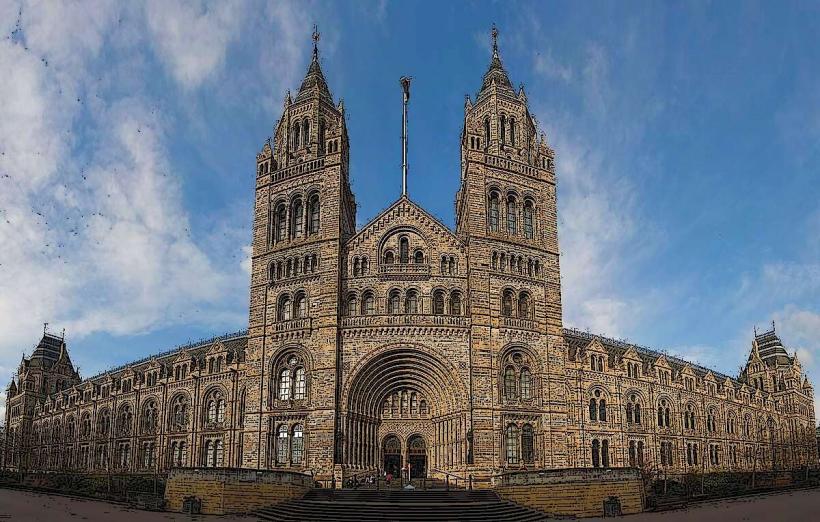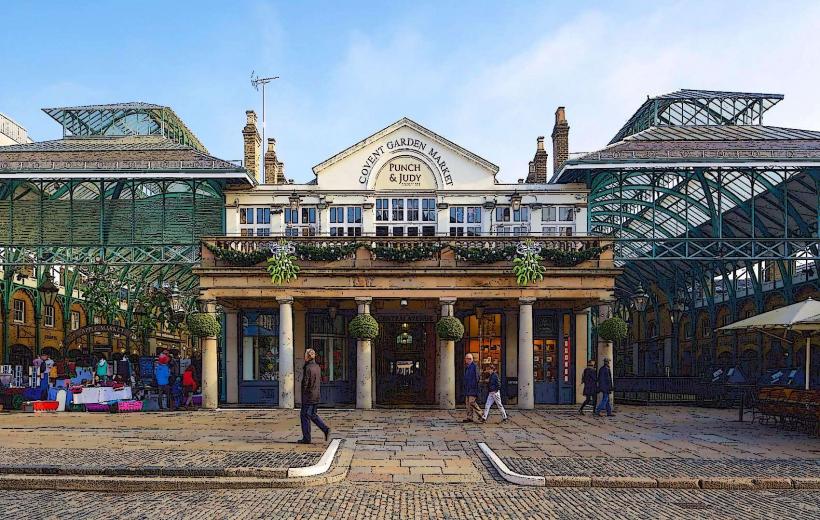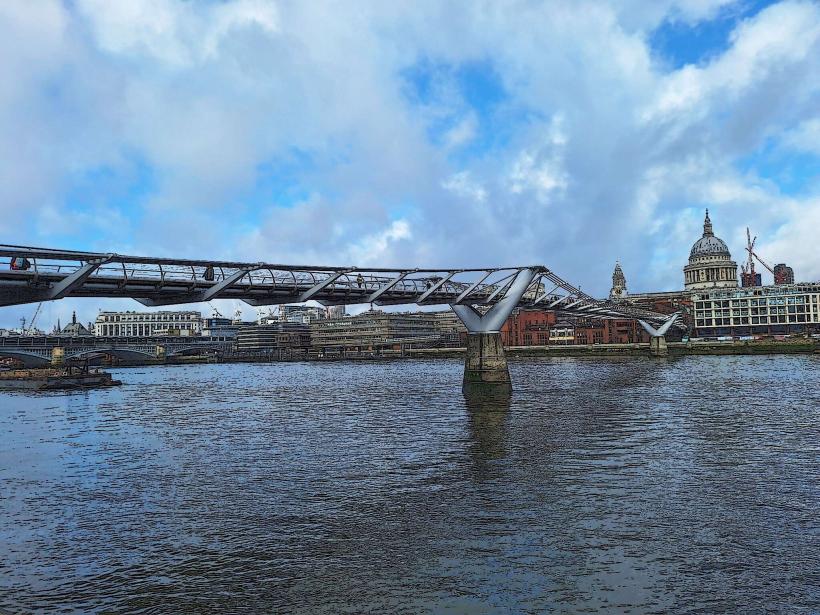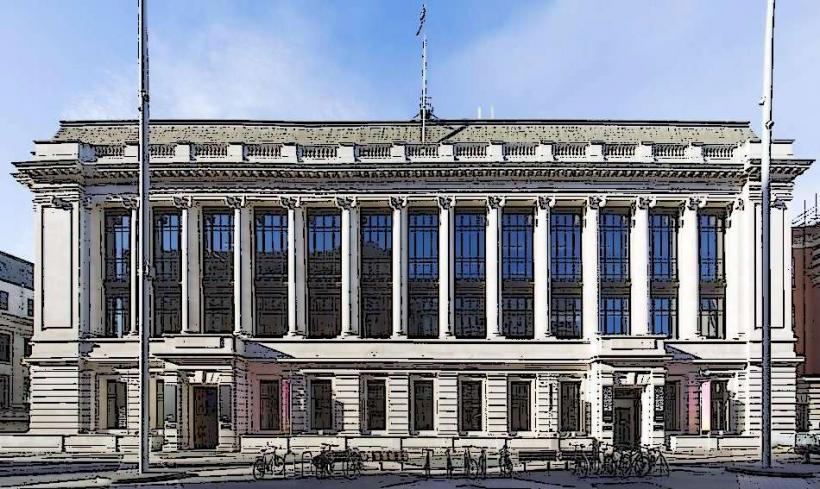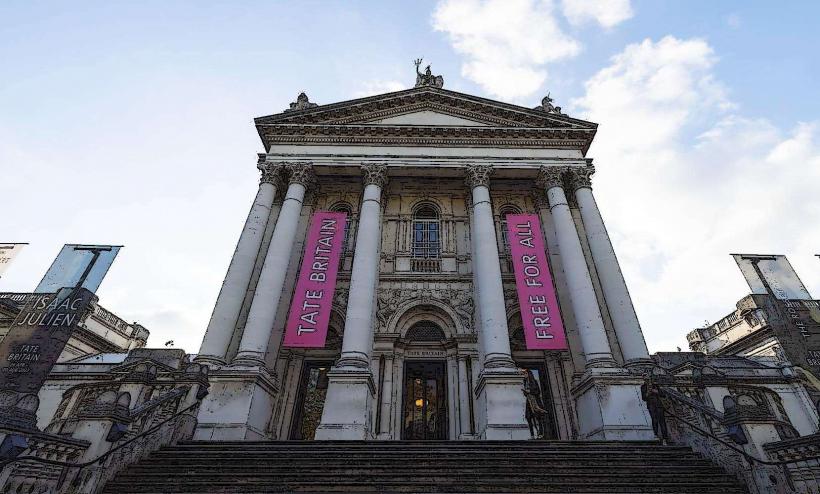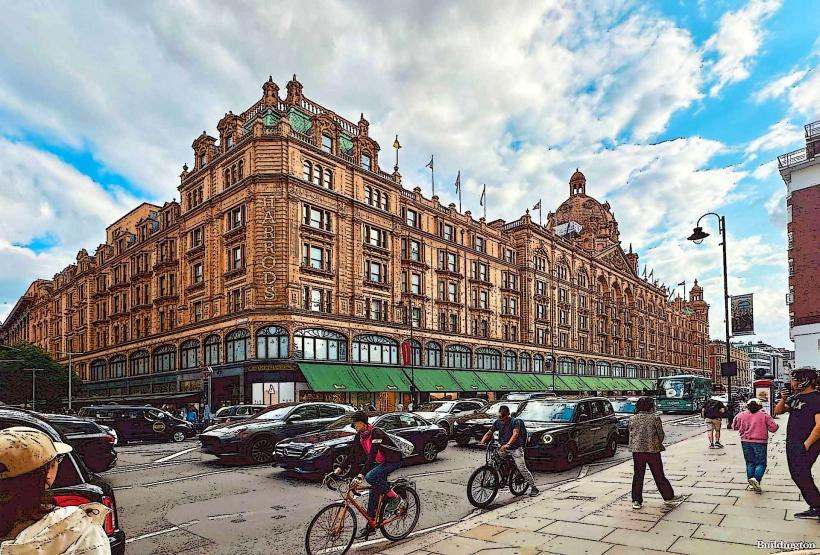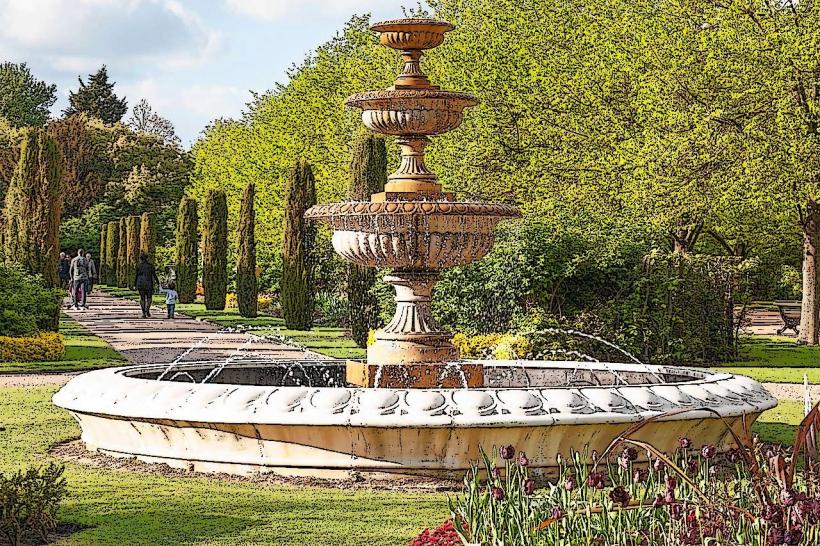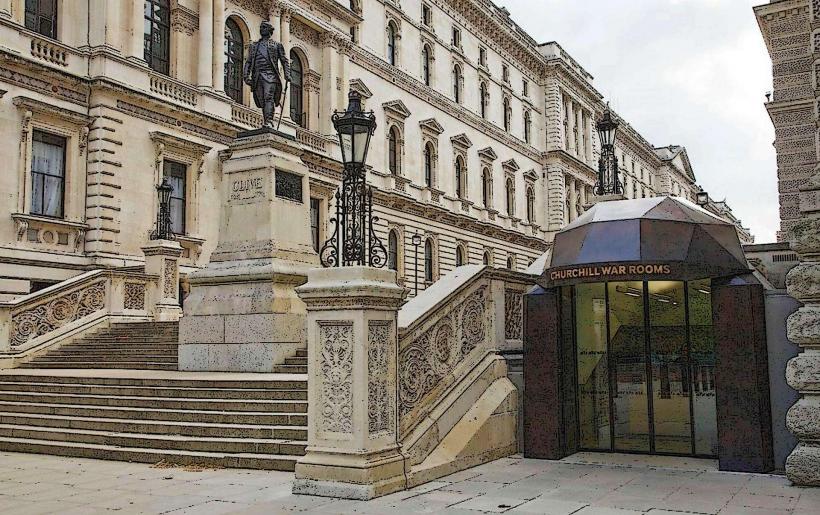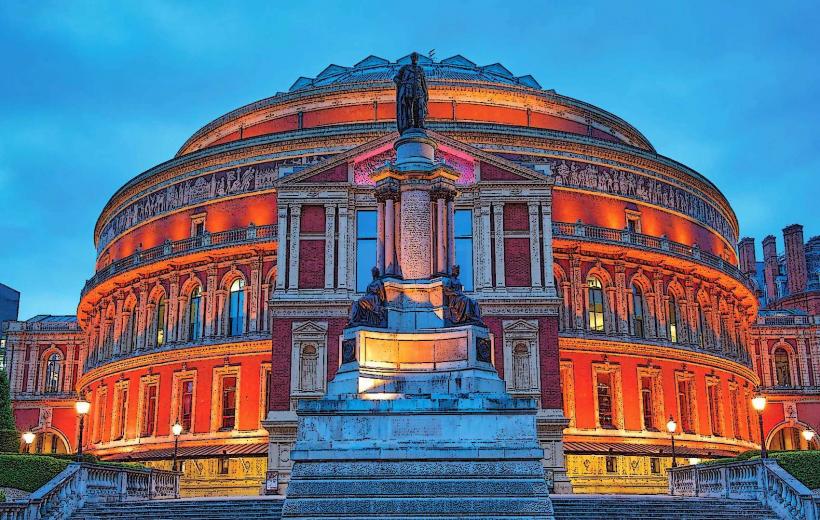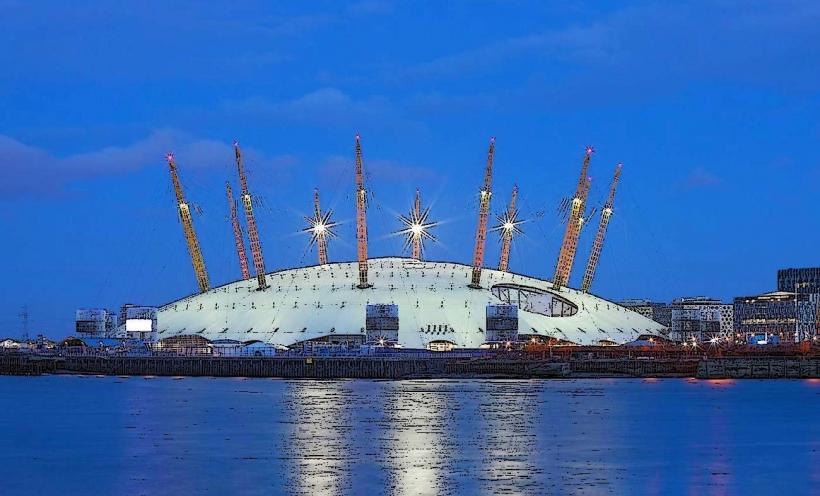Information
Landmark: Big BenCity: London
Country: United Kingdom
Continent: Europe
Big Ben, London, United Kingdom, Europe
Overview
Big Ben-officially the Elizabeth Tower-stands as one of London’s most famous landmarks, admired for its intricate Gothic detail and its close ties to the British Parliament.
Let’s take a closer look at its history, architecture, and key features.
The Elizabeth Tower, rising above the Thames in pale stone, was finished in 1859 as part of rebuilding the Palace of Westminster after the devastating 1834 fire.
Architect Augustus Pugin designed the clock tower in the Gothic Revival style, its spire rising sharp against the sky; most people call it “Big Ben,” though that name truly belongs to the deep-toned bell inside.
The bell takes its name from Sir Benjamin Hall, who supervised its installation, though some claim it honors heavyweight boxing champion Benjamin Caunt.
Today, the tower and clock stand as national icons, their chimes echoing British tradition and the spirit of parliamentary democracy.
You’ll spot it often in films and TV, usually tied to London’s skyline, and the Elizabeth Tower rises 316 feet (96 meters) into the air.
It was built in the Gothic Revival style, a look that swept through the mid-19th century with its pointed arches and tall, narrow windows.
The tower rises with sharp arches, slender spires, and stonework carved as finely as lace.
Four massive clock faces-each 22.5 feet across-gleam in the sunlight.
The clock’s dials are iron, each one framed snugly in cold, gray stone.
At night, the opalescent glass dials glow softly, catching the eye from far off.
Each clock face points toward one of the tower’s four sides, so the time’s visible all across London.
Inside, Big Ben-the great bell-stands seven feet tall and weighs about 13.5 tons.
When the hour comes, it lets out a deep, resonant “bong” that seems to hang in the air.
A massive 200-kilogram hammer swings forward to strike the bell.
An automated system runs the mechanism that strikes the bell, fine‑tuned so each chime lands right on time, like a drop of water hitting a still pond.
Every hour, the bell rings out, its clear tone carrying over rooftops across much of central London.
The clock’s Victorian mechanism is a feat of engineering-a chain-driven design conceived by Frederick Dent and brought to life by the skilled hands of clockmaker Thomas Maudslay.
The clock runs on heavy hanging weights and gets wound by hand three times a week.
Despite its intricate gears and levers, it keeps impressively precise time.
In fact, the clock has kept remarkably precise time, needing only the occasional tiny tweak-like a quick turn of the key-to stay accurate through the years.
The mechanism uses a regulator that stacks coins to fine-tune the pendulum’s pace, while the tower itself rises in brick and stone, its outer walls etched with intricate carvings you could trace with your fingertips.
A lantern crowns the structure, with a slender spire reaching higher still, sharpening its gothic silhouette.
On the tower’s stone exterior, a bold Tudor Rose stands out-a red and white emblem of England’s union with Wales.
Over the years, careful restoration has kept the clock’s mechanism ticking and the tower’s frame sound.
Most people call it “Big Ben,” but the clock tower’s official name became Elizabeth Tower in 2012, renamed for Queen Elizabeth II’s Diamond Jubilee celebrating her 60 years on the throne.
It rises over Westminster, just steps from the Houses of Parliament, drawing visitors who pause to hear its deep, resonant chime.
Crowds gather to watch the clock strike each hour, the deep chime rolling across the square, and the spot remains one of the city’s best-known landmarks.
While the tower itself isn’t open for regular tours, you can wander the area and join a guided visit to Parliament for a close-up view from nearby.
Over time, Big Ben has become a global icon of London and British identity-standing for time, national pride, and the city’s layered history-and it often turns up in films, TV shows, and novels as shorthand for both London and the passing of time.
With its towering frame and storied past, it still embodies the endurance and precision of British engineering and holds its place as a cultural symbol recognized far beyond the UK.
Let’s take a closer look at its history, architecture, and key features.
The Elizabeth Tower, rising above the Thames in pale stone, was finished in 1859 as part of rebuilding the Palace of Westminster after the devastating 1834 fire.
Architect Augustus Pugin designed the clock tower in the Gothic Revival style, its spire rising sharp against the sky; most people call it “Big Ben,” though that name truly belongs to the deep-toned bell inside.
The bell takes its name from Sir Benjamin Hall, who supervised its installation, though some claim it honors heavyweight boxing champion Benjamin Caunt.
Today, the tower and clock stand as national icons, their chimes echoing British tradition and the spirit of parliamentary democracy.
You’ll spot it often in films and TV, usually tied to London’s skyline, and the Elizabeth Tower rises 316 feet (96 meters) into the air.
It was built in the Gothic Revival style, a look that swept through the mid-19th century with its pointed arches and tall, narrow windows.
The tower rises with sharp arches, slender spires, and stonework carved as finely as lace.
Four massive clock faces-each 22.5 feet across-gleam in the sunlight.
The clock’s dials are iron, each one framed snugly in cold, gray stone.
At night, the opalescent glass dials glow softly, catching the eye from far off.
Each clock face points toward one of the tower’s four sides, so the time’s visible all across London.
Inside, Big Ben-the great bell-stands seven feet tall and weighs about 13.5 tons.
When the hour comes, it lets out a deep, resonant “bong” that seems to hang in the air.
A massive 200-kilogram hammer swings forward to strike the bell.
An automated system runs the mechanism that strikes the bell, fine‑tuned so each chime lands right on time, like a drop of water hitting a still pond.
Every hour, the bell rings out, its clear tone carrying over rooftops across much of central London.
The clock’s Victorian mechanism is a feat of engineering-a chain-driven design conceived by Frederick Dent and brought to life by the skilled hands of clockmaker Thomas Maudslay.
The clock runs on heavy hanging weights and gets wound by hand three times a week.
Despite its intricate gears and levers, it keeps impressively precise time.
In fact, the clock has kept remarkably precise time, needing only the occasional tiny tweak-like a quick turn of the key-to stay accurate through the years.
The mechanism uses a regulator that stacks coins to fine-tune the pendulum’s pace, while the tower itself rises in brick and stone, its outer walls etched with intricate carvings you could trace with your fingertips.
A lantern crowns the structure, with a slender spire reaching higher still, sharpening its gothic silhouette.
On the tower’s stone exterior, a bold Tudor Rose stands out-a red and white emblem of England’s union with Wales.
Over the years, careful restoration has kept the clock’s mechanism ticking and the tower’s frame sound.
Most people call it “Big Ben,” but the clock tower’s official name became Elizabeth Tower in 2012, renamed for Queen Elizabeth II’s Diamond Jubilee celebrating her 60 years on the throne.
It rises over Westminster, just steps from the Houses of Parliament, drawing visitors who pause to hear its deep, resonant chime.
Crowds gather to watch the clock strike each hour, the deep chime rolling across the square, and the spot remains one of the city’s best-known landmarks.
While the tower itself isn’t open for regular tours, you can wander the area and join a guided visit to Parliament for a close-up view from nearby.
Over time, Big Ben has become a global icon of London and British identity-standing for time, national pride, and the city’s layered history-and it often turns up in films, TV shows, and novels as shorthand for both London and the passing of time.
With its towering frame and storied past, it still embodies the endurance and precision of British engineering and holds its place as a cultural symbol recognized far beyond the UK.

